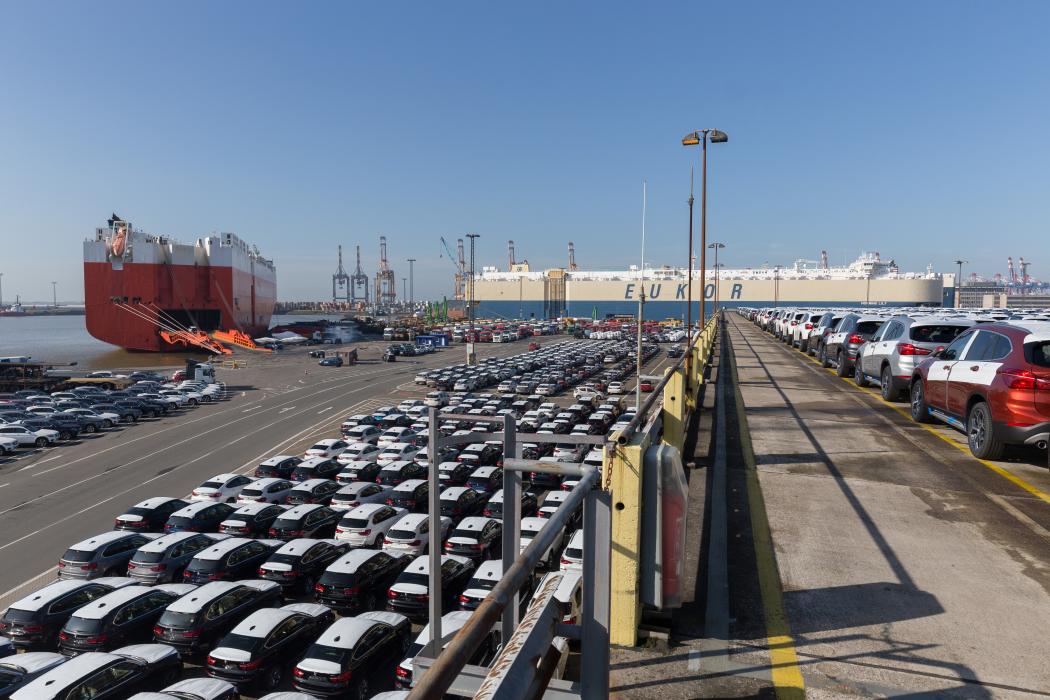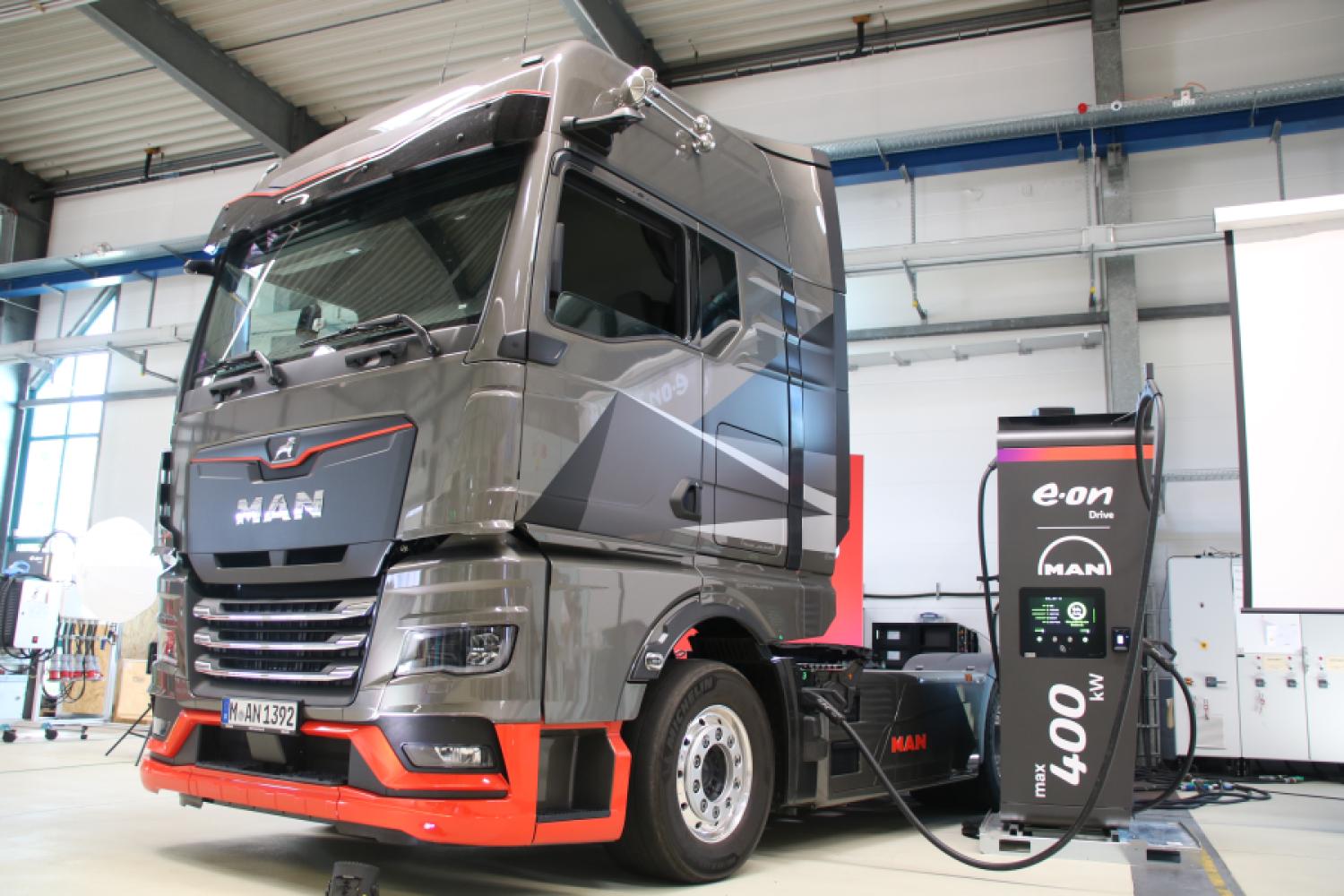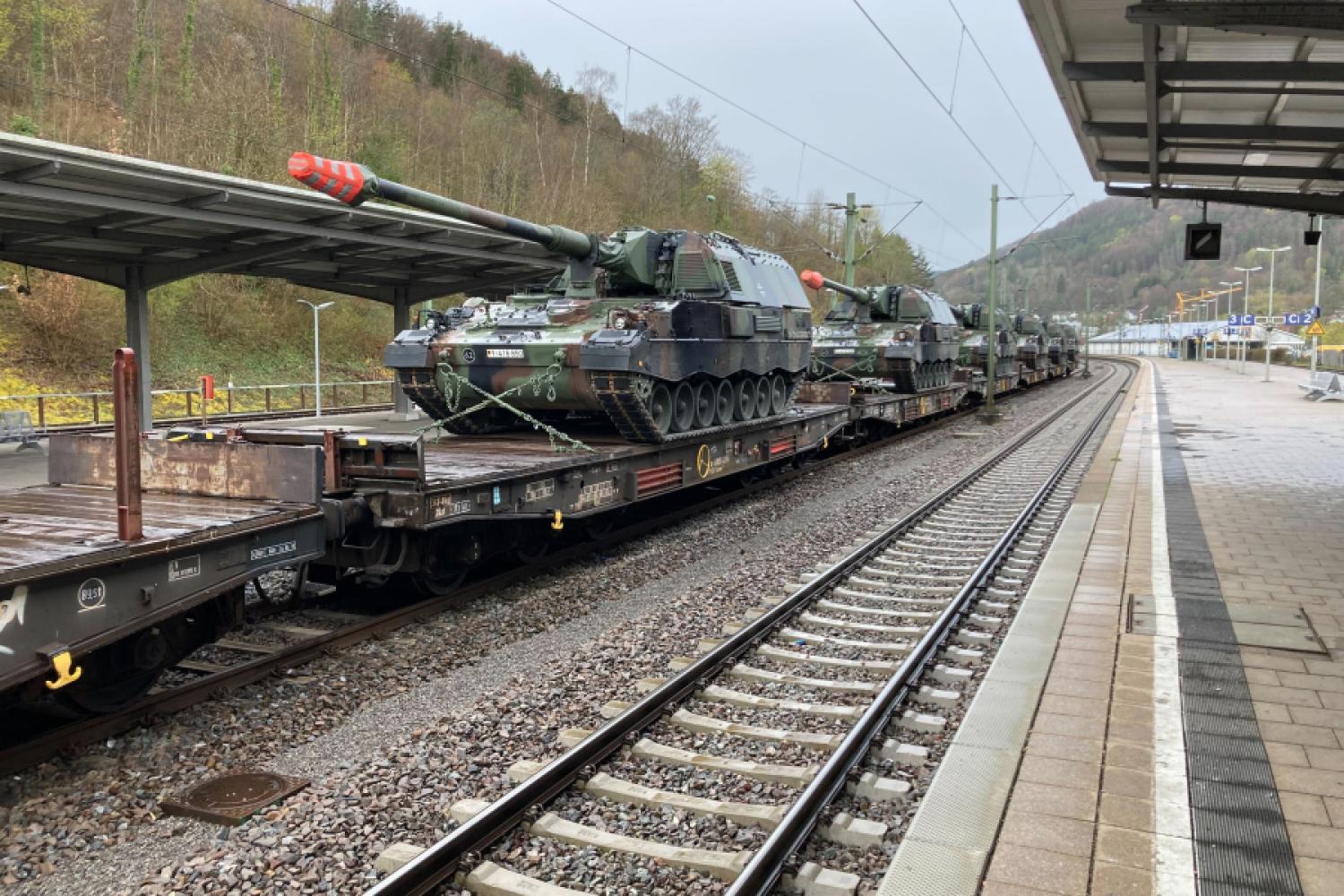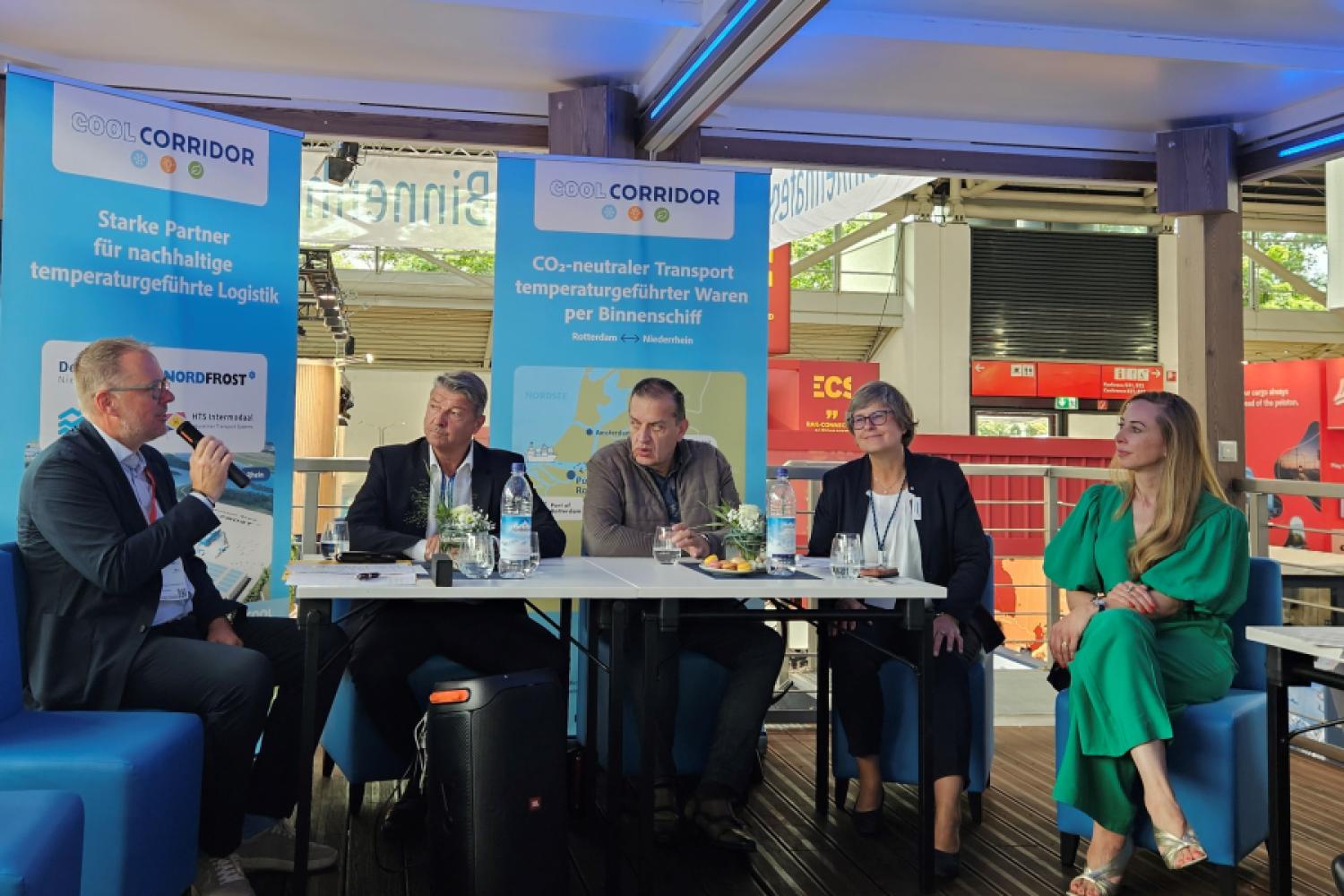The European vehicle logistics sector is under pressure. According to a press release from the Association of European Vehicle Logistics (ECG), 51 percent of companies recorded declining transport volumes in the first quarter of 2025. Back in the second quarter of 2023, when the industry was struggling with an acute capacity crisis, this figure was only five percent. A rapid deterioration of the market situation is also reflected in the companies' expectations: The majority do not anticipate an improvement over the next six months.
The reasons for this development are multifaceted, the association reports. It points to trade conflicts, inflation risks, and increasing political unpredictability as factors of uncertainty that dampen investment enthusiasm in the industry. The numbers speak for themselves: While 91
percent of companies were still planning new investments in ships, wagons, and trucks in the fall of 2024, this proportion fell to just 75 percent within three quarters. The main cause, according to the association, is declining optimism regarding future transport volumes.
"Volumes are declining and the market is becoming increasingly uncertain for companies," explains Wolfgang Göbel, Chairman of the ECG. "We urgently need to restore confidence in the industry – especially in view of ongoing geopolitical tensions and trade conflicts."
The association warns of increasing pessimism within the industry. While only three percent of companies expected negative business development at the beginning of 2023, this figure is already at 36 percent in 2025. At the same time, automobile manufacturers are also coming
under economic pressure. Some relief comes from the EU's decision to grant manufacturers a time extension to achieve CO2 emission targets for passenger cars and light commercial vehicles. The deadline for implementation has been extended by three years.
In response to the overall economic situation, the European Commission has launched several political initiatives. In its communication, ECG mentions the "Compass for Competitiveness," the "Deal for a Clean Industry," and the so-called "Omnibus Simplification Package." For Göbel, however, it is clear:
"Business optimism among our members has reached a historic low. These political frameworks can only be effective if companies have confidence in them and feel genuinely supported."
Therefore, the focus of the ECG General Assembly and Spring Meeting, taking place on May 22
and 23 in Cascais (Portugal), is on enhancing efficiency in finished vehicle logistics. In particular, the use of artificial intelligence is expected to help make processes more stable, resilient, and cost-efficient.
The topic of climate protection also remains on the agenda. The industry continues to pursue the goal of CO2 neutrality. In this context, ECG highlights the potential of a "Green Cost Calculator." This tool is intended to make CO2 savings more transparent and the sustainability of investment decisions more measurable.
Despite the tense situation, the association is showing resilience. The industry is aware of the challenges, the statement says, but aims to actively contribute to solutions – both technologically and politically. It is crucial that companies do not lose faith in the






